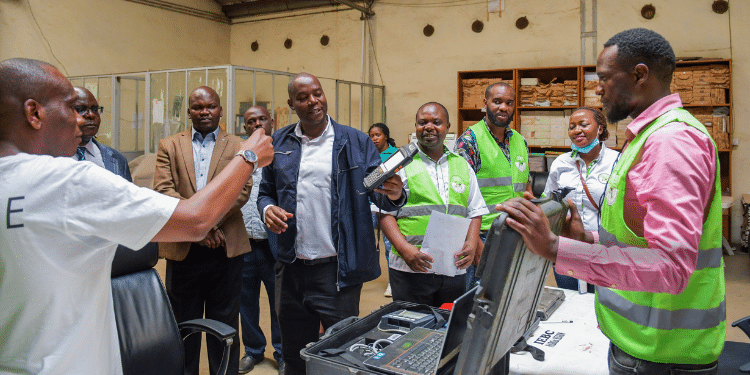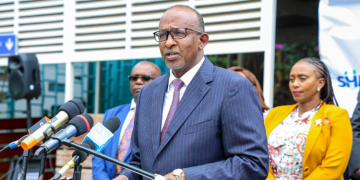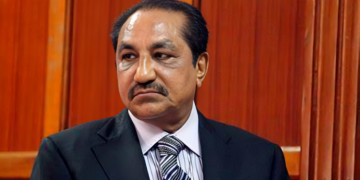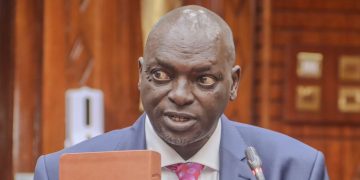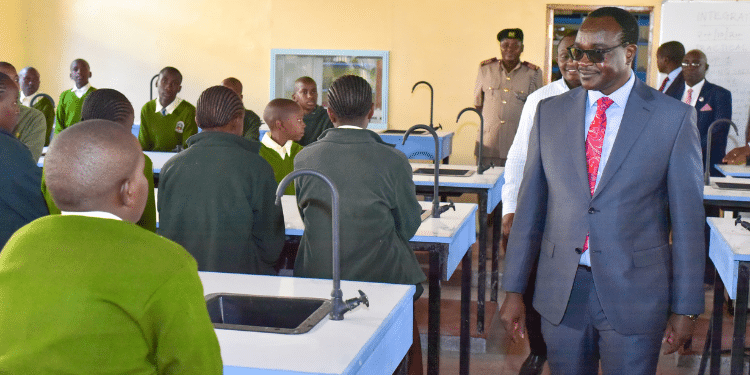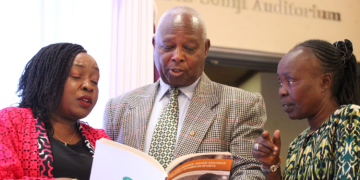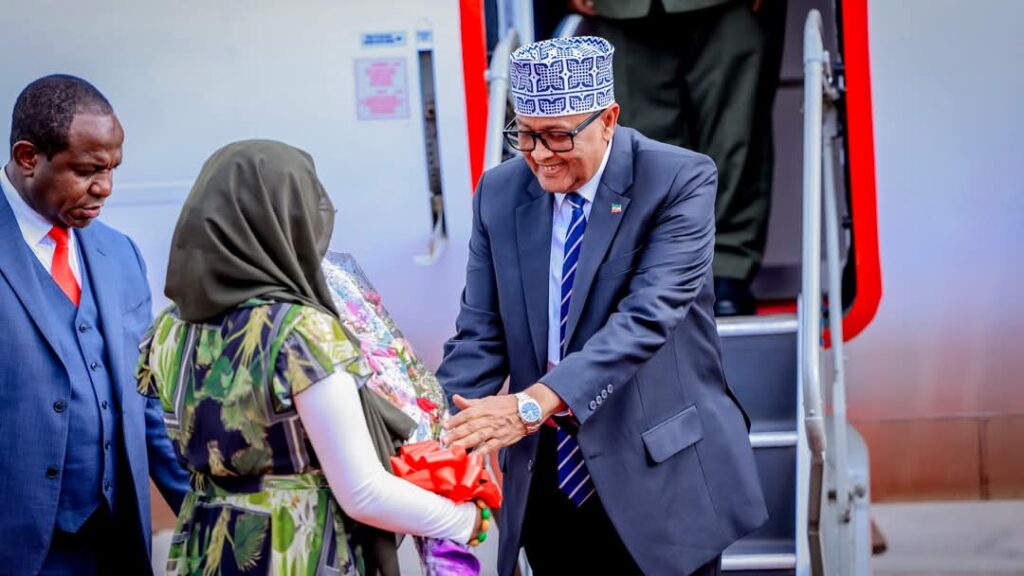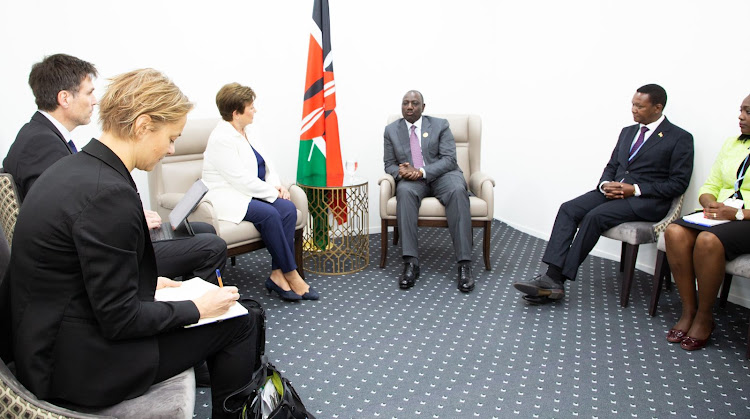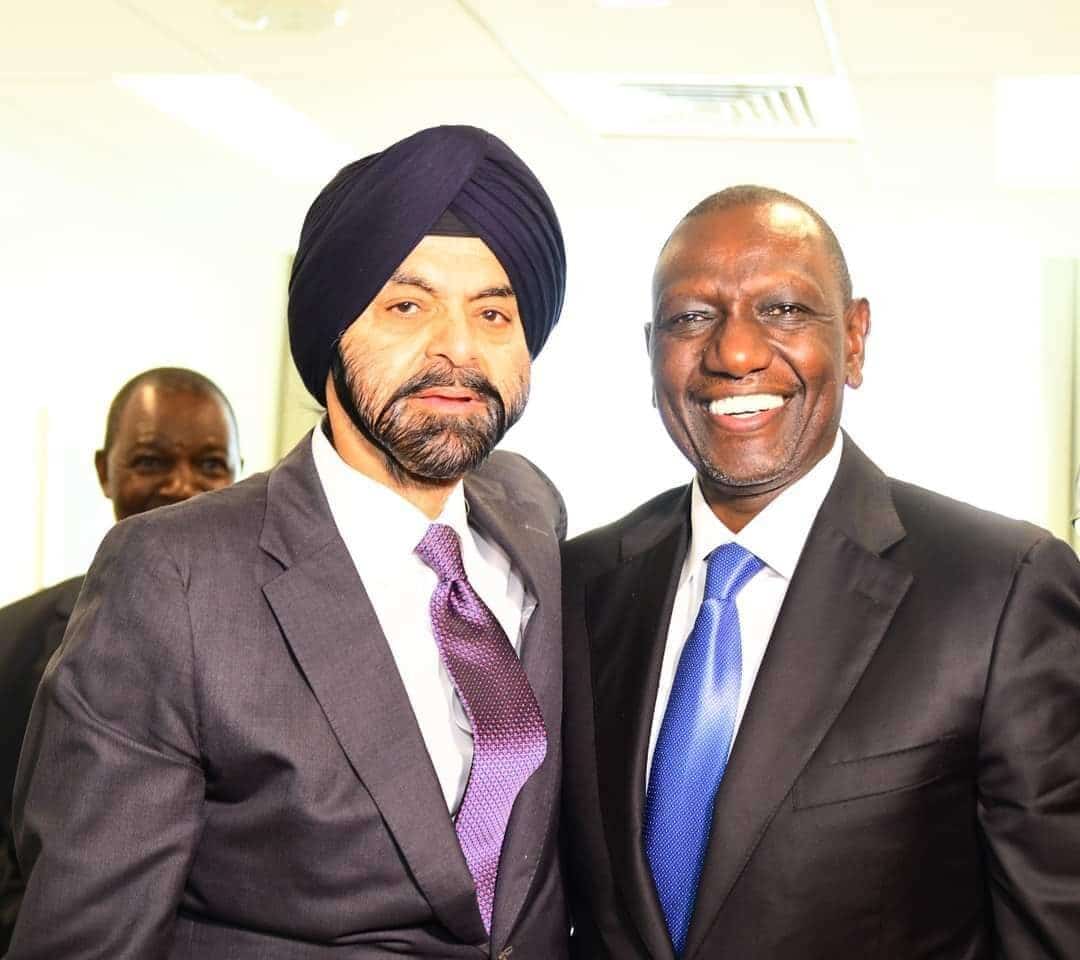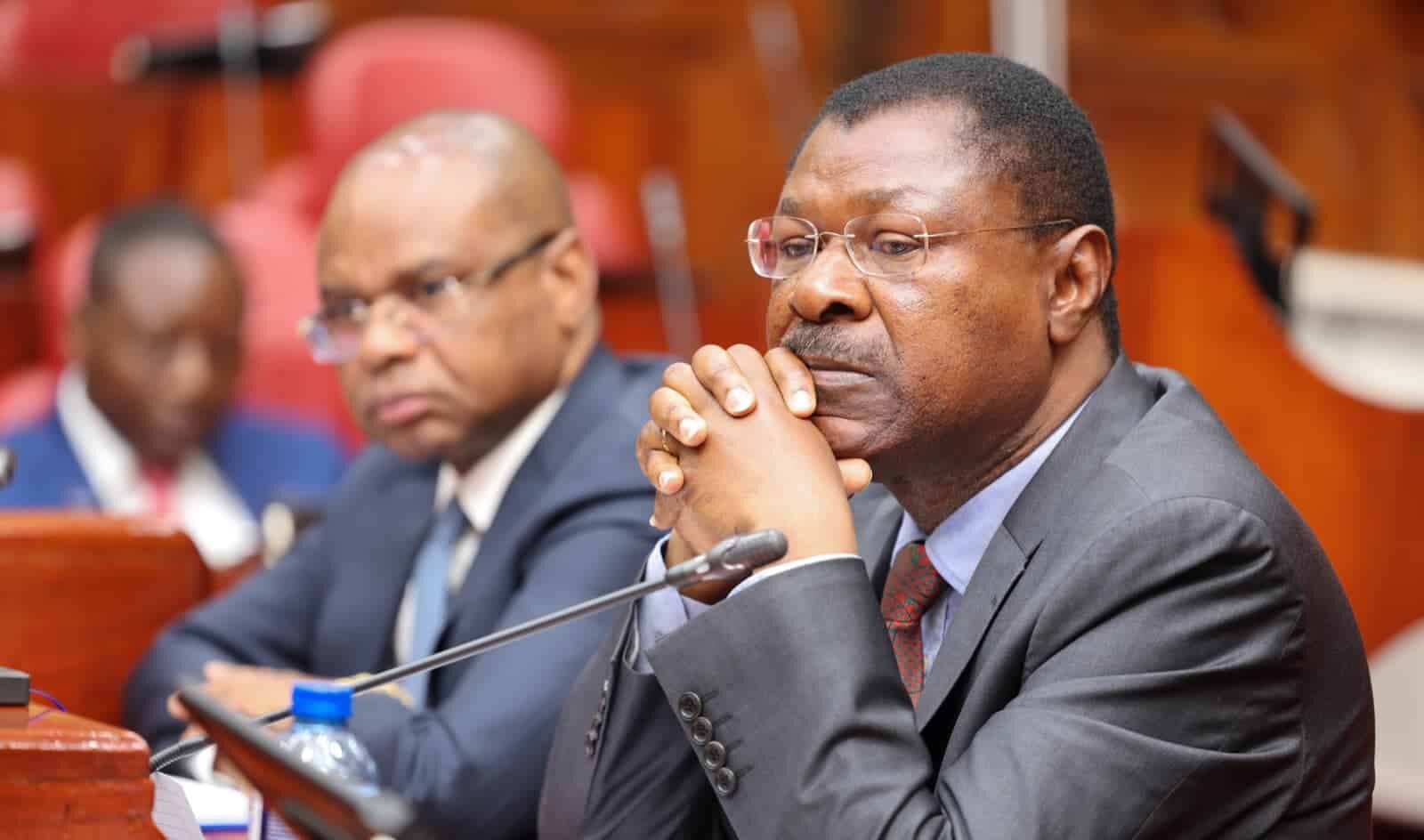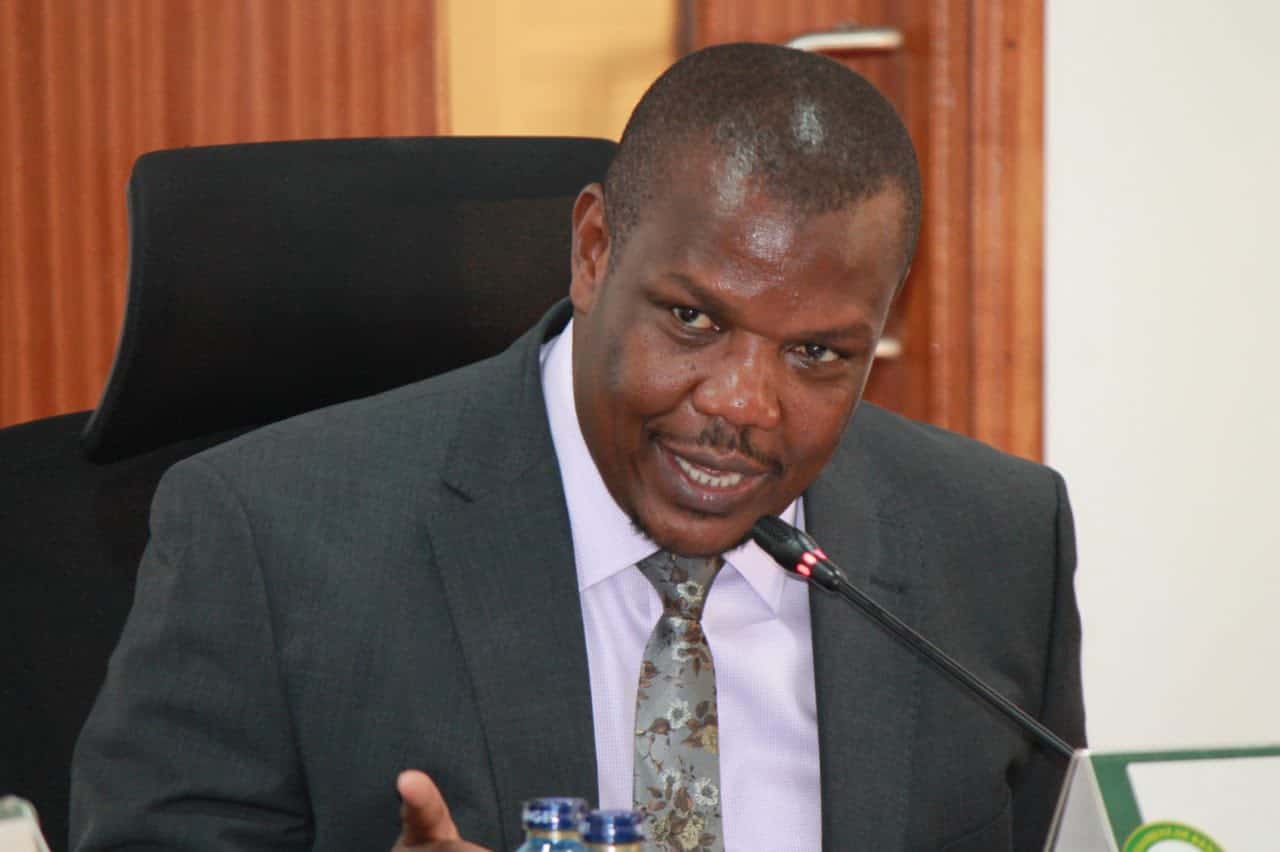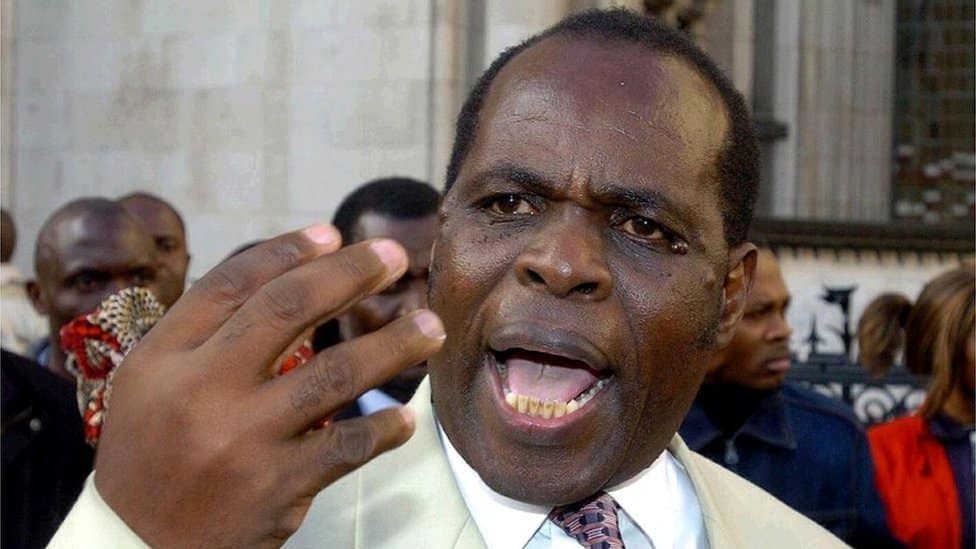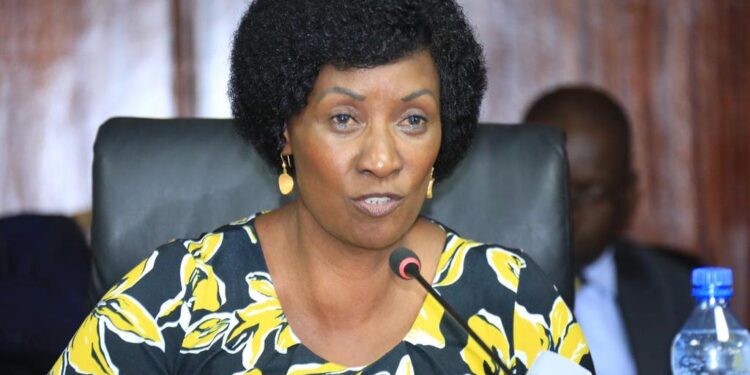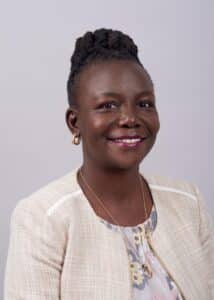According to Kenya’s Vision 2030, the country aspires to be “a globally competitive and prosperous country with a high quality of life by 2030”. Its specific development goal is to become a “newly-industrializing, middle-income country providing a high quality of life to all its citizens in a clean and secure environment”. Education, an area that falls under the social pillar of Vision 2030, plays a critical role in achieving these aspirations. Concomitantly, teachers are a critical human resource in this process. Thus, having a pipeline of optimal qualified teachers portends a relevant, effective, efficient and vibrant education system, producing citizens with the right skills for the various socio-economic and political sectors, catapulting the nation towards attaining its development goals.
Teachers Qualification Debate
There is an ongoing debate between the Kenya National Union of Teachers (KNUT) and the Teachers’ Service Commission (TSC) on the criteria to use to hire teachers: the highest academic credentials or the Kenya Certificate of Secondary Education (KCSE) results.
KNUT argues that teachers should be hired on the basis of their highest academic qualifications, regardless of the score one earned in KCSE, even if a D, but with a master’s.
It posits that this will allow hiring of more teachers and alleviate the current teacher shortage.
However, the TSC stipulates that one must earn at least a C plain in KCSE to be hired as a Diploma teacher.
What are the implications of these two positions? Should numbers override quality? What should be the irreducible minimum required to hire a teacher without compromising quality of the education system’s human resource, and consequently learners’ outcomes?
Why Teaching is unique in Kenya
In Kenya, teaching is the one of the few critical professions that catches heat for its outputs (learning outcomes), yet not the same energy is expended on the quality of its inputs.
Also Read: List of Approved Colleges Offering Diploma in Primary Teacher Education
We have had reports of teachers and principals being frog-matched out of schools because of “poor” academic results.
We hardly hear of doctors and engineers, for example, being frog-matched out of hospitals and offices for poor outputs- patient demise or collapsed buildings.
While there are cases of deaths and destruction in some of these professions, preparation of their professionals is not deliberately compromised.
We are yet to hear the Kenya Medical Practitioners and Dentists Council (KMPC), or the Engineers Board of Kenya express the need to disregard entry grades at the bachelor’s level and hire candidates at the highest level of qualifications.
If indeed Kenya considers Education as a critical profession just like Medicine or Engineering, should there not be an irreducible minimum set from the high school level?
TSC vs KNUT
In Finland, touted as one of the leading education systems around the globe, teachers are required to have at least a bachelor’s degree.
While Kenya may not be there yet, the TSC appears to push the needle to the right in terms of thresholds to be met at the basic preparatory level of entry into the teaching profession.
KNUT, as one of the organizations that amplify the voices of teachers, should push to have systems in place that ensure a pipeline of qualified teachers into our education system, right from Form Four.
TSC has set the threshold at a C for a Diploma teacher. KNUT, in collaboration with the Ministry of Education (MoE) and universities, can propose a deliberate creation of teacher pipeline programs across universities that ensure admission of candidates that meet the set threshold.
Promoting teaching as a career
Meanwhile, through the MoE, teaching can be popularized at the high school level for example through internships, mentoring and scholarship opportunities for high performing students interested in teaching as a career.
This will ensure potential candidates have the appropriate qualifications right from the basic level.
By pushing for quality from the very basic level rather than quantity, there will be a paradigm shift in how the Education profession in Kenya is viewed, giving it the dignity and professionalism it deserves.
In addition, there should be a push to ensure that once the teachers are hired, they receive sustained and quality capacity-building, including opportunities for mentorship, pedagogical approaches, 21st century skills, and teacher leadership to build a pipeline of teacher leaders who are curriculum experts and can mentor others.
Also Read: KUCCPS CEO Explains Why More Than 30,000 Students Chose Degree in Education
Some of these measures are already being instituted by the TSC. More importantly, KNUT should collaborate with the TSC to institute structures that regularly check the pulse of teachers regarding their preparedness to teach in this ever-changing and complex national, regional, continental and global geo-political environment.
You can hire teachers with a master’s certificate, but they may lack the capacity to fully execute their content and pedagogical expertise.
If we aspire to take our nation forward, we need sustainable strategies that will help actualize our long-term vision.
Investing in our education system’s human resource, in terms of quality across the preparation and capacity continuum, will elevate us in a competitive position of strengthening learner outcomes and ultimately realizing our national development aspirations.
Follow our WhatsApp Channel and X Account for real-time news updates.




